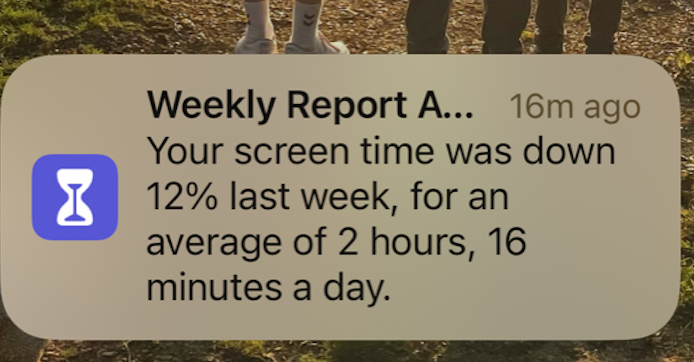April 2024 will be a busy time in relation to changes in employment law. The law in relation to flexible working requests will be changing. This is nothing to do with the picture but I thought it would liven up the topic!
The following provides a summary of what is changing:
Eligibility – any employee regardless of length of service can submit a request for flexible working. Previously the employee needed to have 26 weeks continuous service to make a request.
Number of Requests – an employee has the right to make 2 flexible working requests in a 12-month period. Previously this was 1 request.
Dealing with the Request – The timescale the employer must deal with a request is now 2 months, previously it was 3 months.
Refusal of Request – the employer can refuse the request based on specific grounds which are set out in the policy. Under the new reforms there will be a requirement for the employer to consult with the employee before the request is rejected.
Employee explain the effect – under previous regulations the employee was required to explain the effect they thought that the flexible working request would have on the business. This has now been removed.
Legislation makes it clear that employer must act reasonably and not discriminate. The law says that applications should be treated in a “reasonable manner”. Employers should treat requests on a case-by-case basis but should be careful not to discriminate against employees because of a protected characteristic.
Next Steps for Employers:
Employers should ensure that HR policies are updated to reflect the changes and managers are aware of the changes. To help with this I have recorded an episode of the HR Chatroom Podcast specifically about these changes. Please click on this link to access the episode:
If you would like help with an updated policy or guidance notes for your managers in relation to this change in legislation please get in touch: [email protected]
The following provides a summary of what is changing:
Eligibility – any employee regardless of length of service can submit a request for flexible working. Previously the employee needed to have 26 weeks continuous service to make a request.
Number of Requests – an employee has the right to make 2 flexible working requests in a 12-month period. Previously this was 1 request.
Dealing with the Request – The timescale the employer must deal with a request is now 2 months, previously it was 3 months.
Refusal of Request – the employer can refuse the request based on specific grounds which are set out in the policy. Under the new reforms there will be a requirement for the employer to consult with the employee before the request is rejected.
Employee explain the effect – under previous regulations the employee was required to explain the effect they thought that the flexible working request would have on the business. This has now been removed.
Legislation makes it clear that employer must act reasonably and not discriminate. The law says that applications should be treated in a “reasonable manner”. Employers should treat requests on a case-by-case basis but should be careful not to discriminate against employees because of a protected characteristic.
Next Steps for Employers:
Employers should ensure that HR policies are updated to reflect the changes and managers are aware of the changes. To help with this I have recorded an episode of the HR Chatroom Podcast specifically about these changes. Please click on this link to access the episode:
If you would like help with an updated policy or guidance notes for your managers in relation to this change in legislation please get in touch: [email protected]











 RSS Feed
RSS Feed